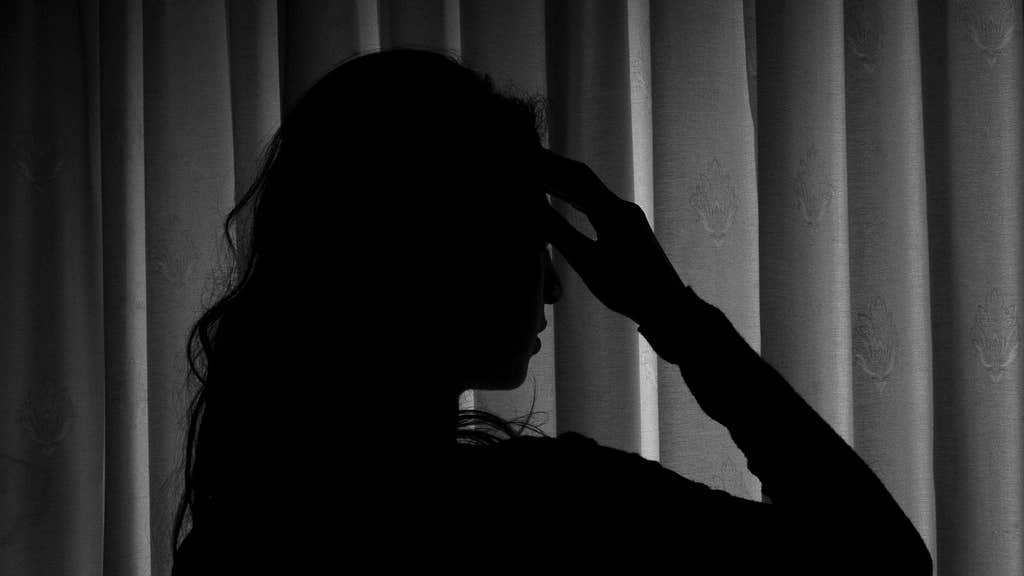Sunak must fund mental health system to tackle racial inequalities, psychiatrists warn
Black people are four times more likely to be detained under the Mental Health Act

Your support helps us to tell the story
From reproductive rights to climate change to Big Tech, The Independent is on the ground when the story is developing. Whether it's investigating the financials of Elon Musk's pro-Trump PAC or producing our latest documentary, 'The A Word', which shines a light on the American women fighting for reproductive rights, we know how important it is to parse out the facts from the messaging.
At such a critical moment in US history, we need reporters on the ground. Your donation allows us to keep sending journalists to speak to both sides of the story.
The Independent is trusted by Americans across the entire political spectrum. And unlike many other quality news outlets, we choose not to lock Americans out of our reporting and analysis with paywalls. We believe quality journalism should be available to everyone, paid for by those who can afford it.
Your support makes all the difference.Ministers will struggle to deliver much-needed reforms to the Mental Health Act, including the tackling of racial disparities, unless the Chancellor invests in the psychiatric workforce in next week’s Spending Review, warns the Royal College of Psychiatrists.
The Mental Health Act allows people to be detained in a mental health hospital if they are very mentally unwell and are a risk to themselves or others.
Black people are four times more likely to be detained than their white counterparts, with white people the least likely ethnic group to be detained under the Act.
The Government has proposed welcome changes to the Act to tackle these racial disparities while also improving patient care and increasing safeguards. This landmark reform also seeks to ensure that an individual’s dignity, autonomy, and human rights are protected when subjected to the Act.
Now, a new report commissioned by the Royal College of Psychiatrists has found that the proposed changes will result in an increased workload for psychiatrists; to implement these vital reforms, an additional 333 psychiatrists are needed by 2023/24, and a further 161 by 2033/34.
The Royal College of Psychiatrists is calling on the Chancellor to use the upcoming Spending Review to commit a cumulative £82million to pay for the 349 psychiatrists that are required over the three-year Spending Review period.
Additional funding will be needed after the three years to deliver the extra 145 psychiatrists needed by 2033/34.

Professor Subodh Dave, Dean of the Royal College of Psychiatrists, said: “The current Act often fails people from ethnic minority backgrounds, particularly Black people.
“The changes to the Act are absolutely necessary and must be delivered if we are to end this discrimination, modernise mental health law, and improve support for people in a mental health crisis.
“But the changes can only be delivered if there are enough psychiatrists. We don’t have a workforce big enough to take on the extra work while continuing to deliver high quality care to our patients.”
He added: “The Government cannot break its promise to reform the Mental Health Act. The Chancellor must deliver the funding needed to increase the psychiatric workforce in next week’s Spending Review, otherwise discrimination will remain, patient care will be compromised, and the success of the reforms will be jeopardised.”
The reforms will mean significant changes to the workload of psychiatrists. Time intervals between tribunal hearings will be reduced, while the statutory use of care and treatment plans will add to psychiatrists’ workloads. The new and changing roles of Nominated Persons and Mental Health Advocates will also likely generate additional tasks for psychiatrists.
The Royal College of Psychiatrists is also calling for the Health and Care Bill to be amended so the Secretary of State for Health and Social Care has to report independently verified assessments of current and future workforce numbers at least once every two years.
Join our commenting forum
Join thought-provoking conversations, follow other Independent readers and see their replies
Comments